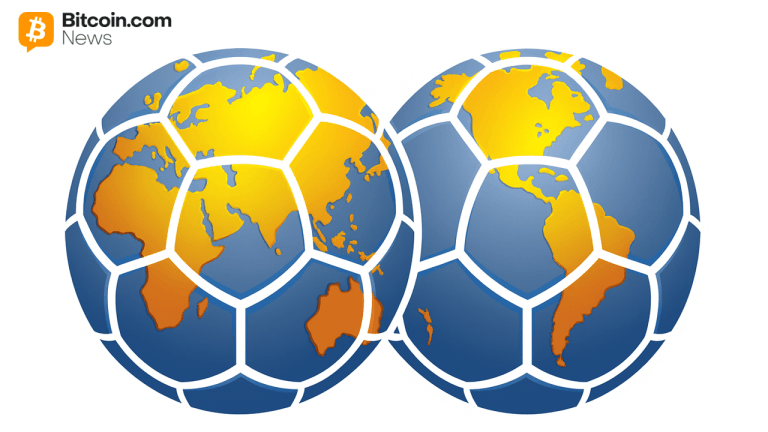
Switzerland's gambling regulator, the Swiss Lottery and Betting Board (Gespa), has initiated an investigation into the blockchain-based "right-to-buy" tokens introduced by the Fédération Internationale de Football Association (FIFA). This move comes as part of Gespa's efforts to ensure compliance with the country's gambling laws.
The concept of FIFA's "right-to-buy" tokens is based on blockchain technology, allowing fans to purchase virtual tokens that represent the option to acquire future benefits, such as purchasing tickets or merchandise related to FIFA events. However, Gespa has raised concerns about the potential implications of these tokens in relation to gambling regulations.
Manuel Richard, the director of Gespa, has indicated that an internal assessment of the FIFA tokens did not yield conclusive evidence to dismiss the need for further investigation. This decision suggests that Gespa considers it crucial to thoroughly evaluate the regulatory aspects of these blockchain-based tokens to determine whether they adhere to the Swiss gambling laws.
The investigation by Gespa underscores the growing scrutiny surrounding the intersection of blockchain technology and the regulatory frameworks governing various industries. In the case of FIFA's "right-to-buy" tokens, the use of blockchain for creating digital assets that confer certain privileges raises questions about the classification of such tokens under gambling laws.
As blockchain technology continues to advance and find applications in diverse sectors, regulators are faced with the challenge of interpreting existing laws to encompass these innovations. In the context of the gambling industry, where issues of transparency, fairness, and consumer protection are paramount, regulators like Gespa play a crucial role in ensuring compliance and preventing potential risks associated with new technologies.
The outcome of Gespa's investigation into FIFA's blockchain-based tokens could have implications not only for the football governing body but also for other entities exploring similar tokenization models. Depending on the findings of the inquiry, FIFA may need to make adjustments to its token offering to align with the regulatory requirements set forth by Gespa.
Overall, the investigation by Gespa serves as a reminder of the complexities involved in regulating emerging technologies like blockchain in the context of established legal frameworks. As the use of blockchain expands into new domains, the need for collaboration between technology innovators and regulators becomes increasingly important to foster responsible and compliant practices.

Leave a Reply